Optimizing traffic flow with computer vision
Optimizing the flow of vehicle and foot traffic is advantageous to a wide range of settings, across many industries. In the field of video analytics, it involves harnessing, analyzing and acting on a number of machine learning techniques, including object detection and counting, dwell-time monitoring, motion detection and tracking, density mapping and more.
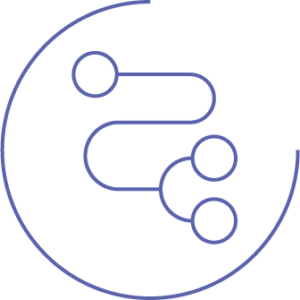
The purpose of traffic flow optimization is to improve the efficiency by which something – an object, person, animal or vehicle – moves through a defined physical process or space. Common use cases for traffic flow optimization with video analytics include:
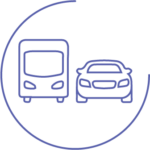
Transport
Harness existing cameras to detect, track and act on factors that impact overall traffic flow – from lateral vehicle movements, incidents and accidents, to signal cycles and the proportion of over-sized vehicles utilizing the network.
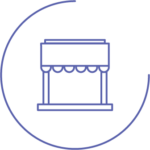
Retail
Identify the flow of foot traffic around stores to help boost sales and increase the quality of customer service – improve storefront effectiveness and design, staff positioning, product placement and mix, as well as general merchandising.
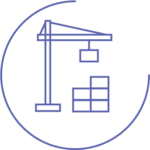
Warehousing & construction
Optimize the flow of workers, freight and vehicles around sites and facilities to improve efficiency, maximize available working area, reduce bottlenecks, avoid delays and collisions.
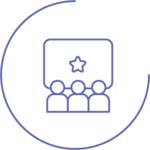
COVID & crowd management
Proactively reduce overcrowding, queue lengths and wait times, alleviate bottlenecks and choke points, adhere to density limits and social distancing regulations.
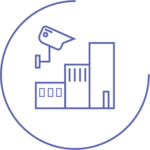
Smart Cities
Analyze traffic flow to help determine required infrastructure upgrades and rationalize which projects get the nod first – from new roads, to train services and airports.
*Disclaimer: Outcomes described and depicted are illustrative in nature. Learn more.